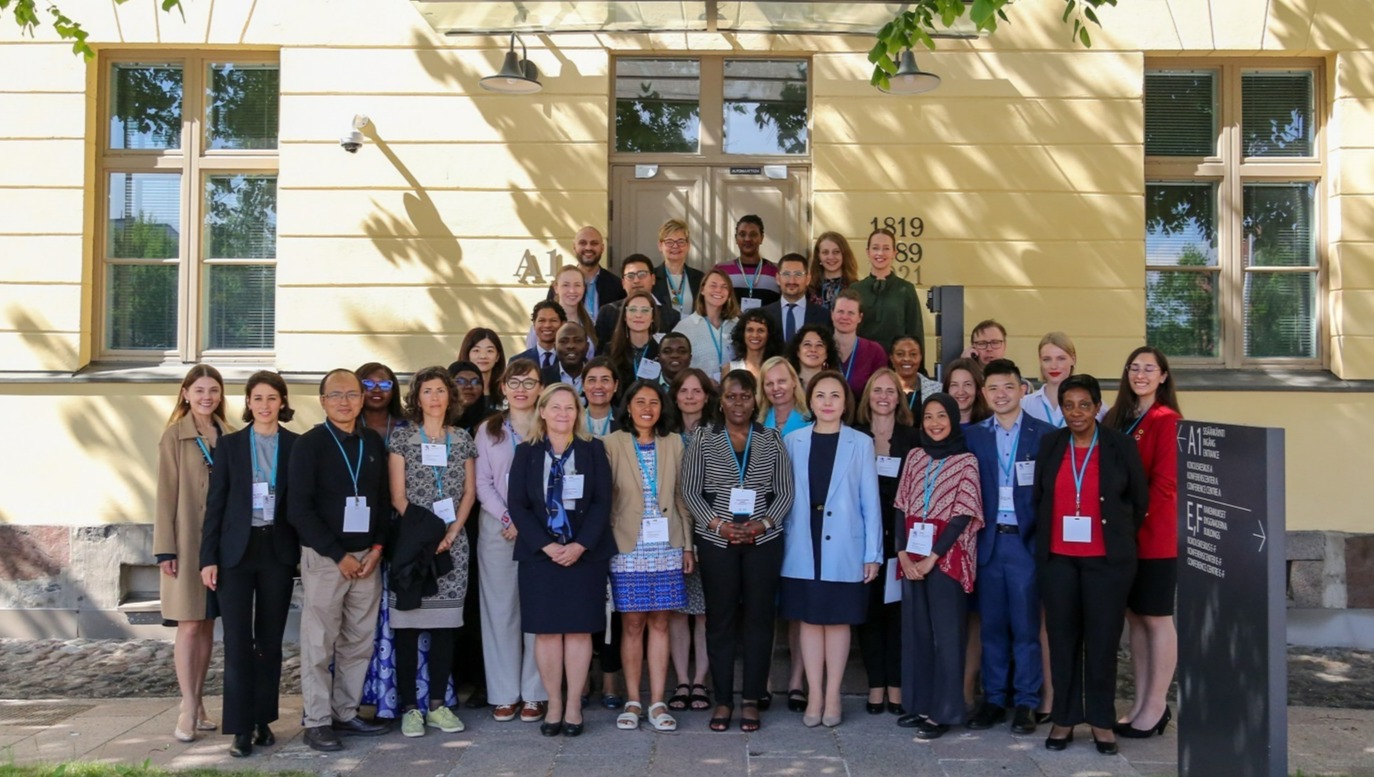“We are training a new generation of multilateral environmental agreements negotiators”
What should we do to tackle the crises related to climate change, biodiversity and pollution on the global scale? This was the main theme of a course on environmental law-making and diplomacy for an international group of students. The course was organised with support from the Finnish Government.

Courses on environmental law-making and diplomacy have been organised regularly for 20 years. The courses are organised by the University of Eastern Finland and the United Nations Environment Programme UNEP.
Kati Kulovesi, Professor of International Environmental Law at the University of Eastern Finland, points out that the course provides very useful training and experiences to future negotiators of multilateral environmental agreements (MEAs).
“We are training a new generation of MEA negotiators who are familiar with the legal framework and practices of the negotiations and are capable of understanding the big picture and major goals behind the details and fine-tuning of the negotiation texts. Through these courses on environmental law-making and diplomacy we have trained more than 520 participants from almost 130 countries.”
According to the Global Risk Report of the World Economic Forum, the security risks in the next decade will be more and more often linked to biodiversity and climate change. At the same time, the implementation of many of the Sustainable Development Goals related to the environment and climate is lagging behind.
“This year’s thematic content is concerned with the development of international environmental agreements over the past 20 years. Through this, we can look both back to the past and forward into the future: what has been achieved and what should be done to tackle the crises related to climate change, biodiversity and pollution,” Kulovesi says.
During the course the participants learn negotiation skills both at lectures and through practical exercises.
One of the participants in the course this year was Linda Kosgei, Director responsible for multilateral environmental agreements at the Ministry of Environment, Climate Change and Forestry of Kenya. She considers that the practical negotiation exercises were most useful.
“Usually there is no-one to teach you how to negotiate step-by-step. In real life you just go to the negotiations and try to learn from them,” Kosgei says.
Kati Kulovesi considers that organising these courses as continuing education supports the work done at the University of Eastern Finland more broadly.
“There are students from different countries in two international Master’s degree programmes and some of them may find employment in the environmental administrations of these countries, which means that it is highly useful for them to understand more about the problems the world is faced with.